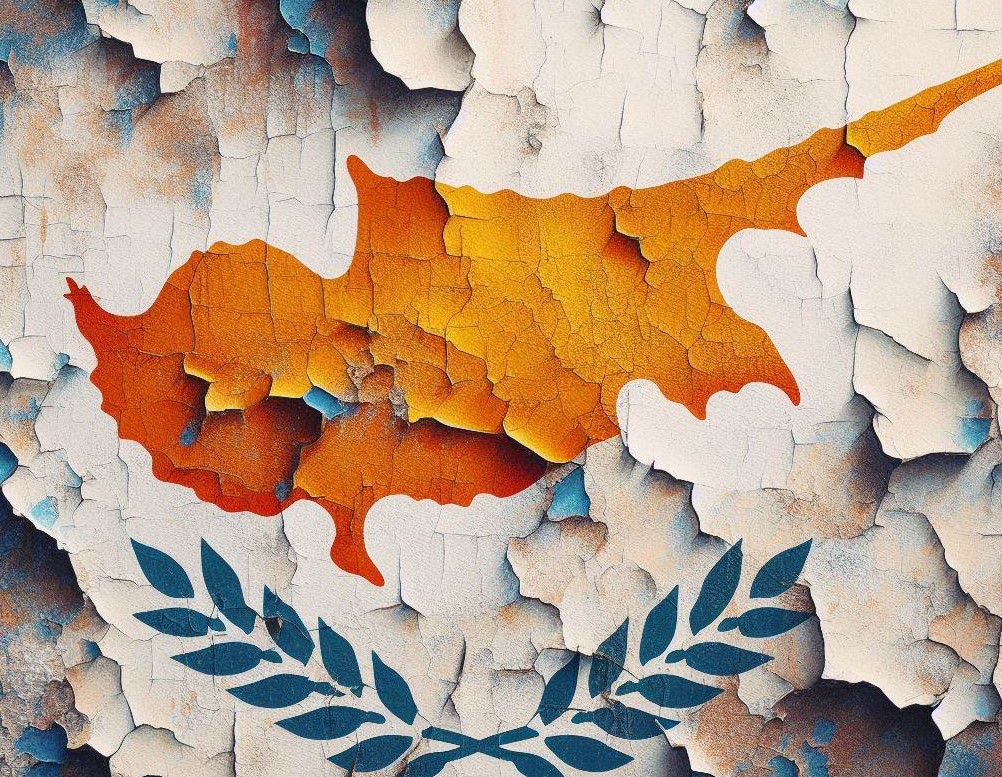By Charles Ellinas
That’s what the findings of the Economist Intelligence Unit’s (EIU) 2023 edition of its annual ‘Democracy Index’, released mid-February, show. In contrast to Cyprus, Greece improved five positions from 25th to 20th in the global rankings and it is now classified as a full democracy.
Cyprus remains in the 37th position globally. Leaving aside Turkey, it remains at the bottom of ‘western’ European country rankings. Among EU countries, the Scandinavians top the list.
Economist’s Democracy Index assesses each country across five categories—electoral process and pluralism, functioning of government, political participation, political culture, and civil liberties.
Even though Cyprus’ Democracy Index did not change in 2023, it has been declining since 2016. Cyprus continues to do badly in terms of ‘political participation’, ‘political culture’ and ‘functioning of government’. It does particularly badly in the latter, with by far the lowest score among EU member states, and on par with countries like the Dominican Republic and Kenya – way below Greece but a little bit better than Turkey.
Greece has seen a remarkable improvement since last year, now ranked just under the UK in terms of the Democracy Index. It ranks 9th among EU member states. Greece scored particularly well in terms of ‘political participation’, but where it really excelled was in its ‘electoral process and pluralism’, where it scored top marks -ten out of ten- an achievement shared by only a dozen other countries out of the 167 assessed in the survey.
Greece had been classified in the ‘flawed democracy’ category since 2010, “when the Greek sovereign debt crisis led to a prolonged political and economic crisis and social trauma…side-lining of the traditional systemic parties and a polarisation of Greek politics.” The Economist attributes the improvement to increased engagement in politics in 2023, pointing out that “the election of New Democracy under Prime Minister Kyriakos Mitsotakis in 2019 led to an economic recovery and a gradual improvement in levels of public trust in government.”
In Cyprus, sadly, the results of a public opinion poll in Kathimerini in February show nothing of the kind and are disheartening. The public is highly disappointed with the government and “reveals a society in growing despair watching in awe as the country moves in the wrong direction and as the cost of living deteriorates, crushing the quality of life.”
The unresolved Cyprus problem pervades everything on the island, with 73% of those polled criticizing its handling by the government. Even more, 80% are dissatisfied with the government’s management of the economy.
The problems are many and long-term and have been deteriorating since 2013 – the most serious are lack of vision, increasing levels of corruption, impunity, lack of accountability, lack of checks and balances in government and public institutions, and unfulfilled promises.
Cyprus is not the only country to languish. Only 24 countries were classified as full democracies, out of 167, with 59 classified as ‘authoritarian regimes.’
The Democracy Index says that we live in an age of increasing polarization and conflict. In general, “when we look at the places where war and conflict are rife today, it does appear that there is a strong correlation between democracy and peace and non-democracy and conflict. Today’s wars are concentrated in countries where democracy is absent or in trouble.”
The Democracy Index shows that the condition of fully free and fair elections prevails in only 43 of the 76 countries holding elections in 2024, and 27 of these are EU member states. Eight of the ten most populous countries in the world – Bangladesh, Brazil, India, Indonesia, Mexico, Pakistan, Russia and the US – are holding nationwide elections in 2024. But in half of these, elections are neither free nor fair and many other prerequisites of democracy, such as freedom of speech and association, are absent.
For Cyprus what the Democracy Index from the Economist Intelligence Unit shows, is that democratic values are lagging behind in comparison to the rest of the Western world, systematically, particularly in the ‘functioning of government’. The previous ten years have seen a significant deterioration. Let’s hope the next ten will be different.
Charles Ellinas is a Senior Fellow at the Global Energy Centre of the Atlantic Council. This piece is also posted on the blog of the Cyprus Economic Society







Click here to change your cookie preferences